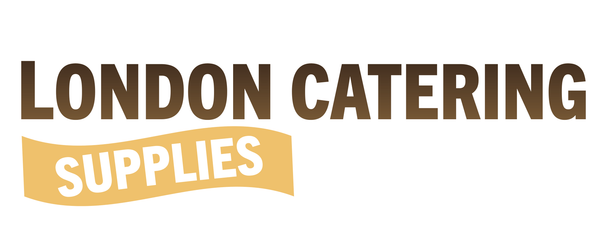
Running a successful catering business requires mastering different professional avenues. There is more to catering business than just having a passion for food. Let's go through some of the important factors that can make or break your business.
If you are passionate about food with a desire to serve and make others happy, you might want to venture into Food Catering Business. However, running a successful catering business requires management skills, planning, and preparedness for the unexpected.We understand that the thought of opening and running a business can give you sleepless nights. Here are some of the most important things you need to focus on for the success of your catering business:
Tips for Running a Successful Catering Business
- Relevant Education
- Delicious Food
- Hygenic Food
- Customizable Menu
- Competitive Pricing
- Reliable Supplier
- Quality Utensil
- Customer Service
- Prepare for the Right Event
- Market Yourself
- Expect the Unexpected
Let’s Discuss Each Point in Detail
1. Relevant Education:
Apart from hard work, dedication, and passion for food, running a full-time catering business requires time and organizational management as well.
A degree in Food Service Management can give you an edge over your competitors. It covers the business and administrative aspects of catering by teaching you financial planning, accounting, inventory management, etc.
2. Delicious Food:
The credibility and popularity of your catering business rides on your food. Ensure that your love for food reflects on the dishes you serve at events.
Mouth-watering food provides an instant out-of-mouth publicity for your company.

3. Hygenic Food:
We all understand the importance of food quality in a catering business. Serving high-quality food to your guests requires special attention in food handling and preparation.
Ensure that you are aware of all the serving rules and train your staff in maintaining standards. The last thing you want is a notice from a health department or a lawsuit from a sick guest!
4. Customizable Menu:
Rather than offering a standard menu, be open to the requirements of different customers. If you are uncomfortable with their requests, suggest a comparable dish with a similar taste profile.
For example, if the client's budget is low, you might suggest Sunpride orange juice instead of fresh orange juice.
5. Competitive Pricing:
You must know your competition to sustain in any business. Get an idea about the menu and pricing of your competitors!
While finalizing your offer for any client, understand your costs. Pay attention to various fields like raw materials, salaries, rents, packing, transportation, etc. while finalizing your offer. Profitability, in the long run, is crucial for any business.

6. Reliable Supplier:
Partner with a food distributor you can count on! A one-stop solution for buying quality food and beverage products, disposable food containers, and cleaning materials, etc. will save you the trouble of coordinating with multiple agencies.
One such food wholesaler is London Catering Supplies. They are a leading food distributor in London and offer a prompt and reliable supply of high-quality food products and services at low prices.
7. Quality Utensil:
The quality of your cutlery must complement the food you are serving to your guests. Ensure that the cutlery and glassware are sparkling and free from any stain.
Apart from the cutlery used for serving the guests, use high-quality disposable food containers during transportation and temporary storage.
8. Customer Service:
Although the primary concern of a catering business is to serve quality and tasty food, focus on customer satisfaction as well. A smiling face and courteous attitude can do wonders for your business. Listening from their feedback and listening to their suggestions helps you grow as a company.

9. Prepare for the Right Event:
Knowing your guests and the type of event will allow you to prepare well for it. Sit with the client during the initial briefs to understand his budget and requirement beforehand to plan the menu.
Know the expectations of the host, as well as the guests, to plan the event better.
10. Market Yourself:
Food catering business thrives on following traditional ground marketing practices. However, we live in a digital age, and you must mix both these methods for a successful marketing campaign.
Here are some tips:
- Set up an informational website and optimize it for search engines.
- Create attractive flyers and distribute them to local businesses.
- Partner with local event coordinators.
- Run ads on popular websites like Google, Instagram, Facebook, etc.
11. Expect the Unexpected:
The most commonly faced problem by caterers is managing the quantity of food. You don't want to waste food as it reduces your profit, and you certainly don't want to run out of it. One convenient solution is to keep buffer foods like cookies or fruit platters.No matter how well you plan and how hard you work, you will face last-minute hiccups in the catering food business. Thankfully, you learn how to brave these problems with experience.
While food forms the heart and soul of a catering business, you have to look beyond to stand out in a competitive market. Watch out for these aspects when planning your next event to see your business flourish.

